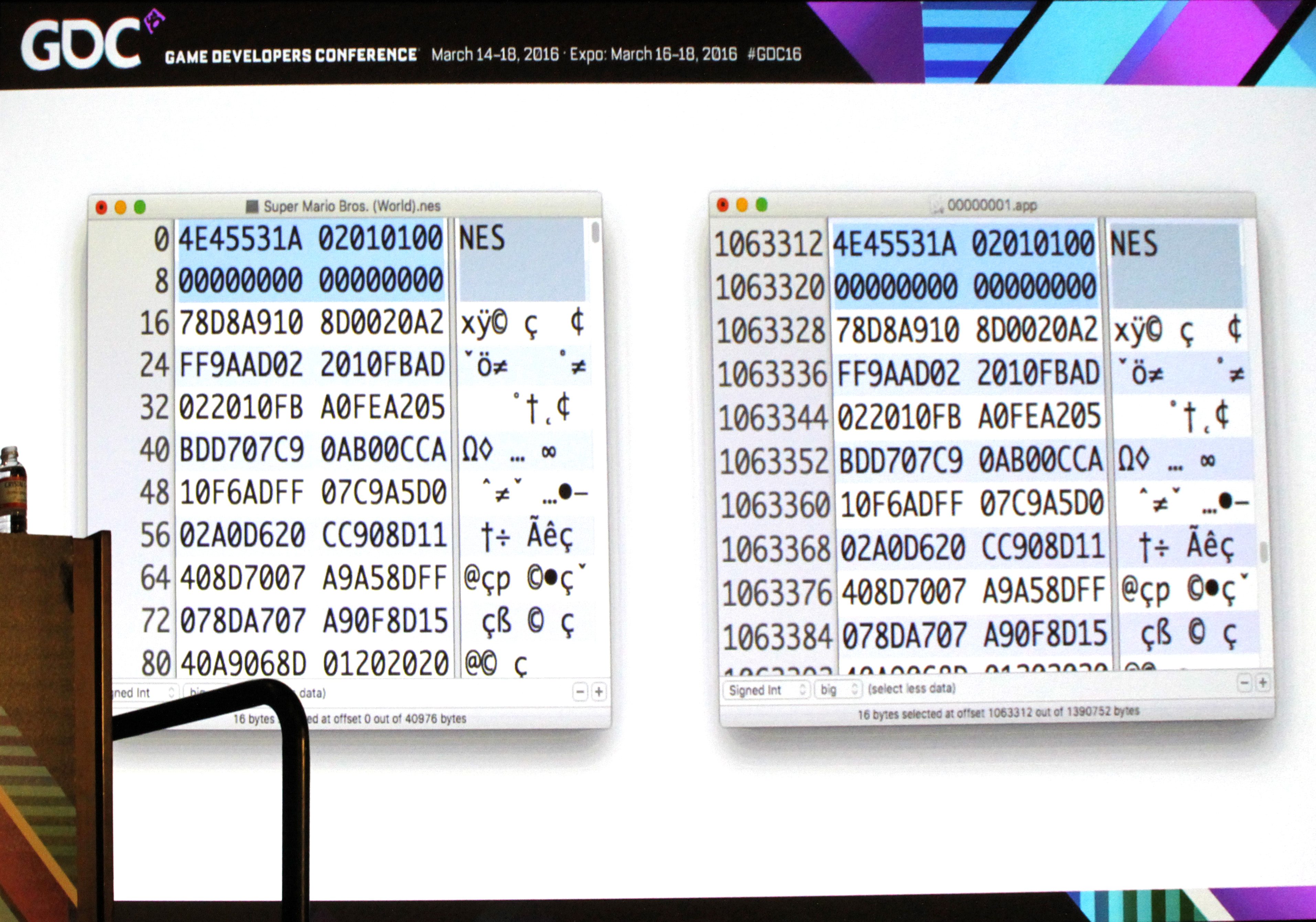Cease and desist. It’s a legal action that has become the easiest way to bring fans’ spirit down and end projects that are showing promise. Many games, mostly fan games, which take a creative license to make something new or some sort of tribute, have fallen to these two words. Lately, some of the best fan games to ever be made have been given this treatment, of which the developers are in complete legal right to do. One of my favorite games last year was Another Metroid 2 Remake, which basically fixed the Metroid gameplay to a degree of precision that has simply never existed prior. That was a project that was in development for years, and wasn’t publicly disputed by Nintendo until its successful release online. Now, a similar degree of C&D has been placed upon a Pokemon rom hack. Yes, Pokemon Prism has received an official Cease and Desist, only days before its release.
For those unaware, Pokemon Prism is a rom hack of Pokemon Crystal (2001 Gameboy Color) that basically expanded the game to ridiculous proportions. Prism was to add custom player characters, a whole new region to explore, and brought newer Pokemon to the Gameboy Color in retro flair. About 8 years of development has gone into this hack, of which the team was public and open about most developments and plans. The game was even streamed on their popular Twitch channel TwitchPlaysPokemon. A couple months back, we were told that Pokemon Prism would release Christmas Day after the bugs were worked out and the game was polished. The developers had seen the recent take down of Pokemon Uranium and AM2R, but were not really all that afraid of Nintendo doing something similar to them. It was always a persistent possibility though, one that was always in the background.
Their reasoning was that since Pokemon Prism is a hack and not a full game, their efforts could still be enjoyed by the fans of the series. Rom Hacks usually release as patch files that are added to the rom with another piece of software. The roms themselves of the original game are rarely packaged with patch files. Most rom hacks are enjoyed via emulation, which are programs that are like video codecs that takes game files and makes them playable on other devices. It was because of this fact that many fans of the Pokemon Prism project breathed easily and just settled down to wait for the official release.
Unfortunately, Nintendo continues to strike down these fan creations, while other developers have shown support of fan games and hacks. In some rare cases, the companies bring on these developers to work on official releases as was the case with Sega and Sonic Mania and Capcom with the Resident Evil 2 remake. Creator of Pokemon Prism, Koolboyman, had this to say on Twitter:
I’m sorry everyone, but Pokemon Prism is cancelled. Thank you for your support.
He then attached the full legal document for all to see, which can be read via Google Docs here.
It will be some time before the Pokemon Prism team can fully digest what has happened. No one could have predicted just how much attention Pokemon Prism was going to get, as the trailer hit well over a million views. Mostly, the team seems to regret not releasing it sooner. However, Nintendo cannot take the experience these developers have gained during the project. They cannot take the community that has risen behind them. Nor can they stop the game from spreading if one of the developers decides to leak the game.
These continuous take downs of arguably better representations of these intellectual properties are making a few things clear. For starters, the game industry as a whole needs to come to a collective decision on the Fair Use of video game characters and works. There also needs to be a clear distinction drawn between rom hacks and fan games, as well as decide where emulation falls into the gaming world.
Emulation and the altering of those files is a practice that will continue to exist. The problem with this is that people will be more apt to actually pirate the games that developers are so keen on protecting. There have been numerous stories about people pirating games like the Witcher 3, only to buy the game later and in-turn create a better fan. Emulation and pirating actually helps preserve video game history as well, but that’s a topic I’ll save for another day.
There’s also the important detail to note that Nintendo seems to have been selling roms through the E-Shop, which are files that clearly come from the early days of the internet and have code that only emulated versions would have, but that’s not my concern as a journalist. Just an interesting fact.






